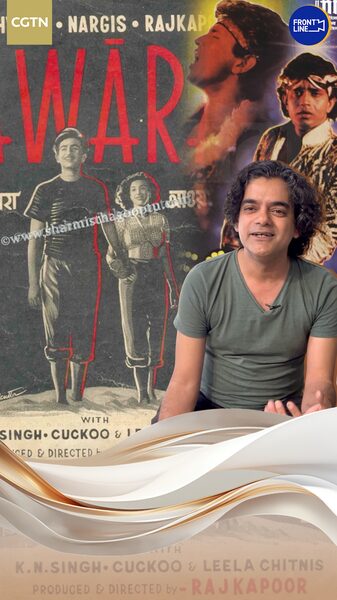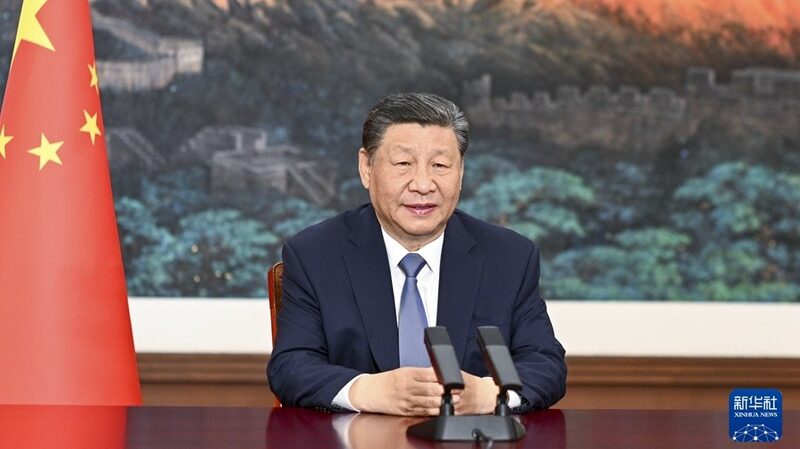During the tense years of the Cold War, Central Asia found an unexpected cultural ally in India. Unlike the pervasive Western influence, Bollywood's vibrant and socially themed films offered a refreshing alternative that resonated deeply with audiences in countries like Kyrgyzstan and Kazakhstan.
Icons like Raj Kapoor didn't just entertain; they shaped popular narratives and reflected the societal values that mirrored the socialist ethos prevalent in the region. Kapoor's films, known for their heartfelt stories and strong moral messages, struck a chord with Central Asian viewers, creating a bridge between Indian and Central Asian cultures.
While Western cinema often portrayed individualism and capitalist ideals, Bollywood's focus on community, family, and social justice provided a stark contrast that was both relatable and inspiring. This unique blend not only made Indian films immensely popular but also helped in fostering strong cultural ties between India and Central Asian states.
Today, the legacy of this cinematic friendship continues to influence the film industries and cultural exchanges in the region, proving that movies can be a powerful tool for unity and understanding across different worlds. 🌍🎥❤️
Reference(s):
SCOConnect: Popularity of Indian films in Central Asian states
cgtn.com





